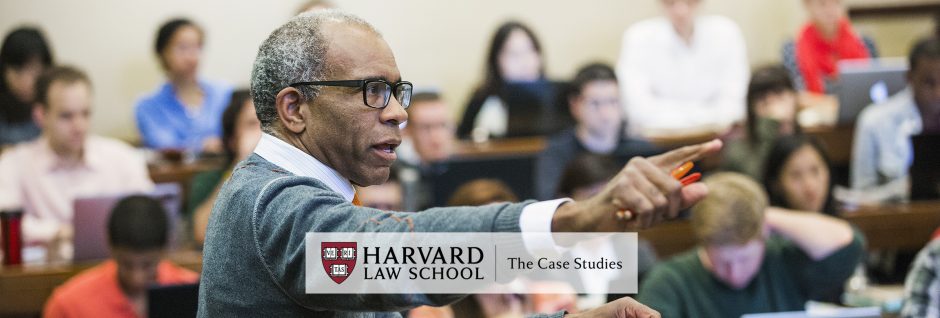New Product: The Case of Cross-Deputization
Professor Joseph Singer’s new problem solving workshop case, “The Case of Cross-Deputization” teaches first-year law students the basics of planning transactions and resolving controversy. In the simulated case, the conflict between the legal authority of the Spokane Tribe and of neighboring Lincoln County has made law enforcement difficult on the reservation’s borders, particularly when it comes to stopping drunk drivers. Tribal officers cannot pursue drunk drivers once they leave the reservation, and thus would like the authority to engage in “hot pursuit.”
Participants adopt the positions of either the Lincoln County Sheriff’s Counsel or Tribal Counsel to negotiate a cross-deputization agreement. The parties must reach a compromise regarding hot pursuit off of the reservation, ancillary areas of shared law enforcement, and the related costs and waivers that such a partnership entails. There is significant pressure to reach an agreement: a Washington state statute mandates an arbitrated cross-deputization if the parties cannot agree. However, the tribe has sovereign immunity, and cannot be forced into an arbitrated agreement without its consent.
Professor Singer wrote the case to fill a need in the HLS Problem Solving Workshop curriculum. “The case involves a contract negotiation between sovereigns, something that is in some ways similar and in other ways very different from business or family contracts,” said Singer. “It also involved settlement, not of a lawsuit, but of a problem created by applicable law setting baselines in a manner that interfered with law enforcement goals of both sovereigns. It also shows how negotiation can be an exercise, rather than alimitation, on sovereignty.
Like all Problem Solving Workshop cases, The Case of Cross-Deputization involves client interactions. “The case gives students the opportunity to present the agreement to the client and explain how it meets the client’s goals, what was worth giving up to achieve those goals, and what goals could not be attained. It put the students in a role as government lawyers advising clients, who have obligations to promote the public welfare, rather than lawyers who serve private clients, whose goals are somewhat different.”
The case teaches participants the fundamental best practices for a negotiation:
- DO consider substance, process, and relationship. Skilled negotiators take as much care with the logistics of the negotiation as they do with the outcomes–especially when negotiating a partnership. By establishing fair norms and a problem-solving, cooperative dynamic with the other side, the negotiating parties foster impartiality, legitimacy, and buy-in.
- DON’T just focus on the best agreement for your party. DO focus on the best alternative to a negotiated agreement (BATNA). Novice negotiators may not appreciate the power of failing to compromise. There is no need for a party to settle for less, if it could walk away to a more attractive outcome.
- DO respect authority. Autonomy and status are among the core concerns that negotiating parties seek to protect; conflict arises when this basic humanity is disregarded. In The Case of Cross-Deputization, participants learn the importance of respecting tribal sovereignty. “The case study makes students aware of a ‘third sovereign’ or set of sovereigns that coexist with the state and federal governments but about which many students are unaware,” said Professor Singer. “The case ensures that the students do not emerge from law school ignorant of the government-to-government relationship that exists under federal law between federally-recognized Indian nations and the United States as well as the complicated jurisdictional relationships between Indian nations and state governments.”
- DON’T judge the other side by its cover. Focusing on first impressions can ruin a negotiation. The positions each party brings to the table reflect a set of interests—usually the most obvious demands that would meet a set of underlying interests. The interests are the underlying needs, wants, goals, and worries. When parties focus on their different positions, it can seem like there is little common ground to work with; however, when parties understand their different interests, they can craft creative solutions that dovetail differences.
Through this role play exercise, students integrate these lessons and apply them to future negotiations. “The Case of Cross-Deputization” and related teaching materials are available on the Case Studies website.
